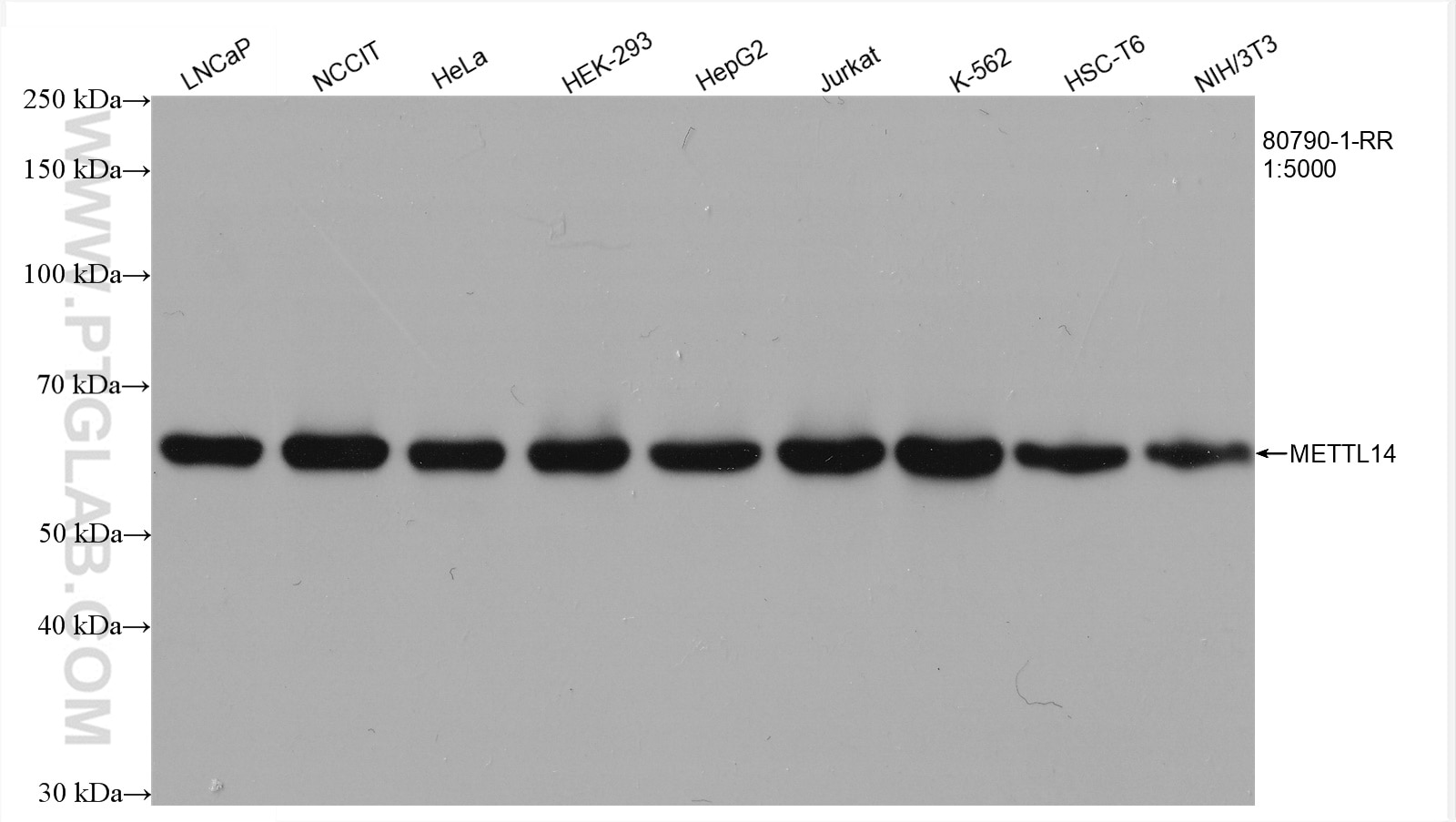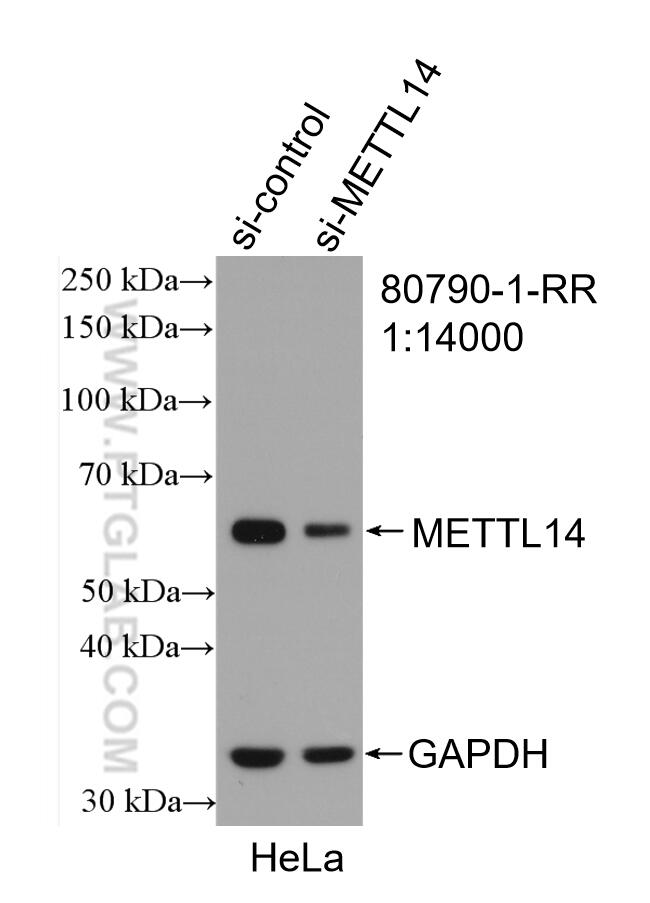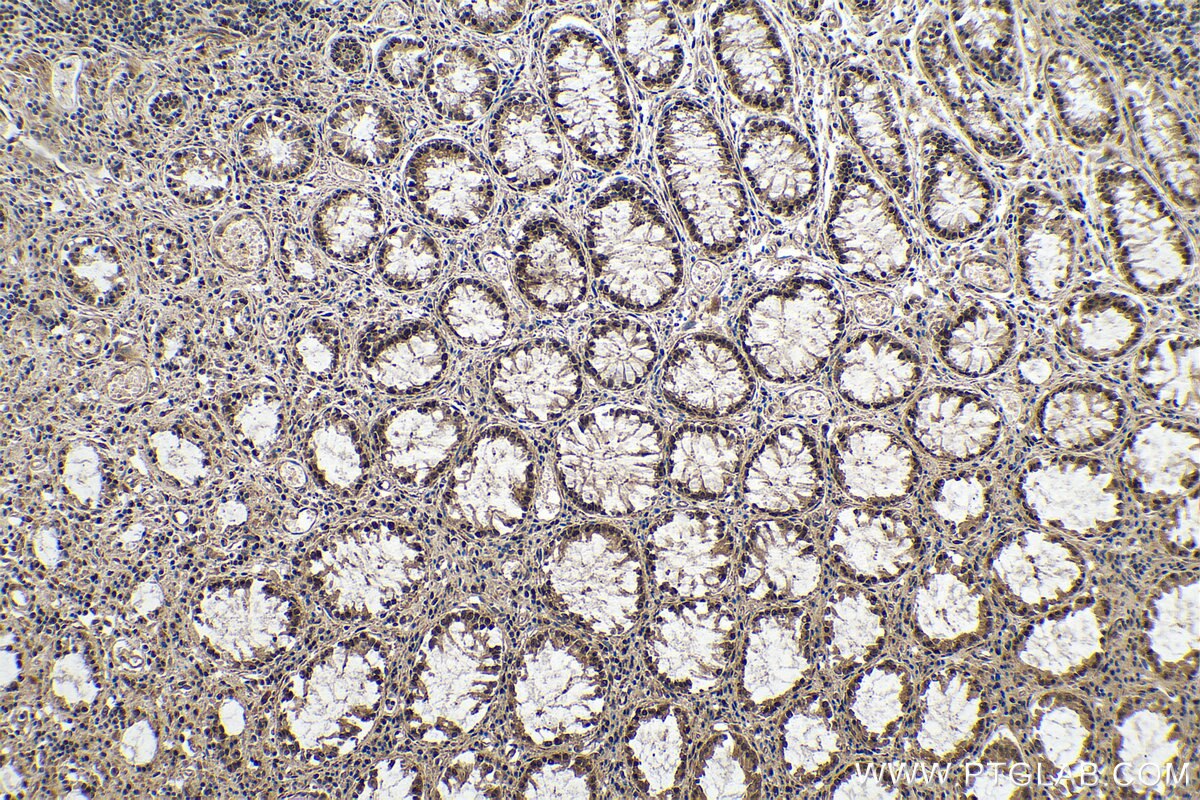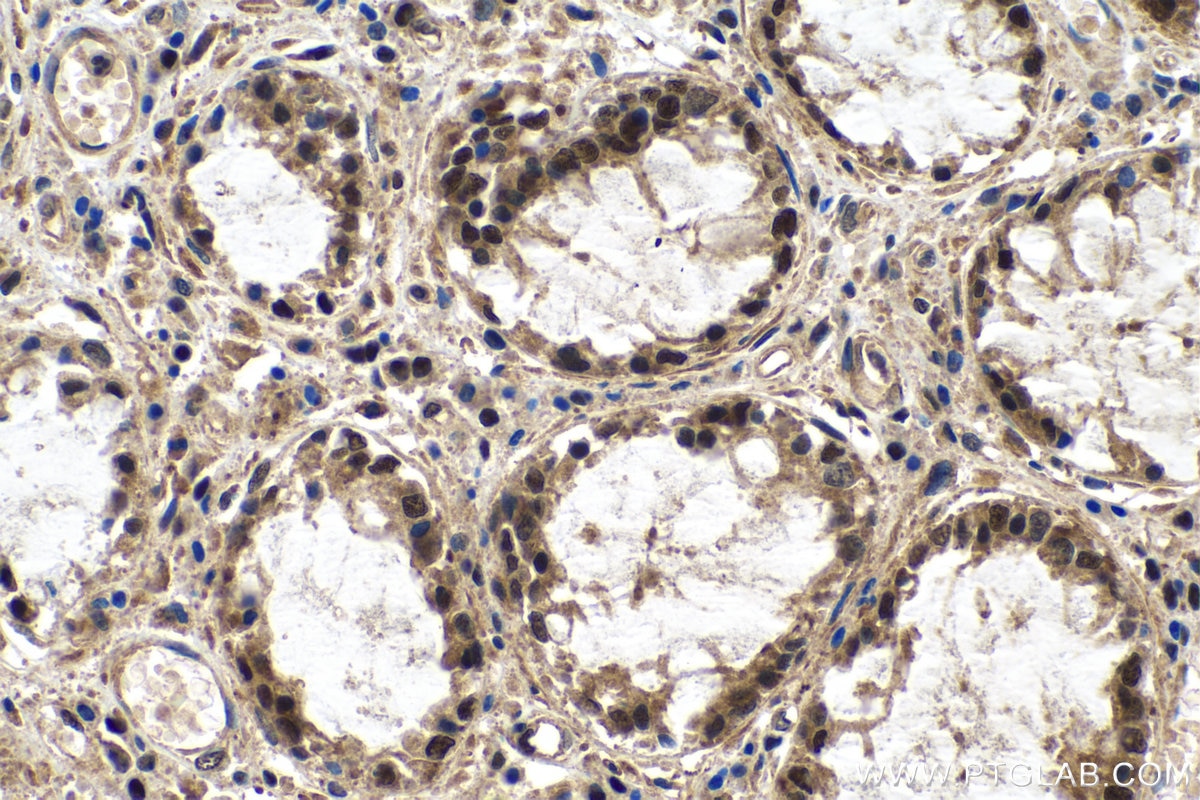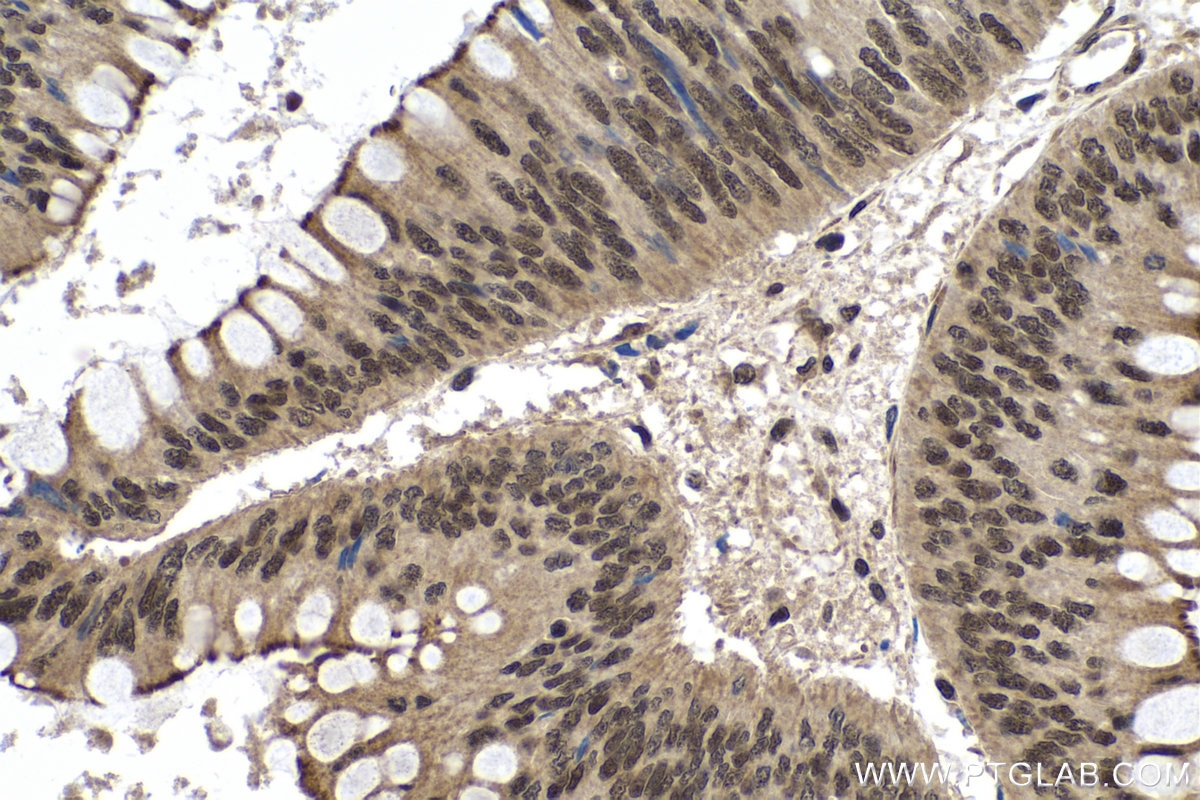Validation Data Gallery
Tested Applications
Recommended dilution
| Application | Dilution |
|---|---|
| It is recommended that this reagent should be titrated in each testing system to obtain optimal results. | |
Product Information
80790-1-PBS targets METTL14 in WB, IHC, Indirect ELISA applications and shows reactivity with human, mouse, rat samples.
| Tested Reactivity | human, mouse, rat |
| Host / Isotype | Rabbit / IgG |
| Class | Recombinant |
| Type | Antibody |
| Immunogen |
CatNo: Ag14325 Product name: Recombinant human METTL14 protein Source: e coli.-derived, PGEX-4T Tag: GST Domain: 107-456 aa of BC007449 Sequence: LKGTQSLNPHNDYCQHFVDTGHRPQNFIRDVGLADRFEEYPKLRELIRLKDELIAKSNTPPMYLQADIEAFDIRELTPKFDVILLEPPLEEYYRETGITANEKCWTWDDIMKLEIDEIAAPRSFIFLWCGSGEGLDLGRVCLRKWGYRRCEDICWIKTNKNNPGKTKTLDPKAVFQRTKEHCLMGIKGTVKRSTDGDFIHANVDIDLIITEEPEIGNIEKPVEIFHIIEHFCLGRRRLHLFGRDSTIRPGWLTVGPTLTNSNYNAETYASYFSAPNSYLTGCTEEIERLRPKSPPPKSKSDRGGGAPRGGGRGGTSAGRGRERNRSNFRGERGGFRGGRGGAHRGGFPPR 相同性解析による交差性が予測される生物種 |
| Full Name | methyltransferase like 14 |
| Calculated molecular weight | 456 aa, 52 kDa |
| Observed molecular weight | 55-60 kDa |
| GenBank accession number | BC007449 |
| Gene Symbol | METTL14 |
| Gene ID (NCBI) | 57721 |
| RRID | AB_2918912 |
| Conjugate | Unconjugated |
| Form | |
| Form | Liquid |
| Purification Method | Protein A purification |
| UNIPROT ID | Q9HCE5 |
| Storage Buffer | PBS only{{ptg:BufferTemp}}7.3 |
| Storage Conditions | Store at -80°C. |
Background Information
METTL14, is also named as Methyltransferase-like protein 14 or KIAA1627, is a 456 amino acid protein, which belongs to the MT-A70-like family and localized in the nucleus. The METTL3-METTL14 heterodimer forms a N6-methyltransferase complex that methylates adenosine residues of some mRNAs and regulates the circadian clock and differentiation of embryonic stem cells. N6-methyladenosine (m6A), which takes place at the 5'-[AG]GAC-3' consensus sites of some mRNAs, plays a role in the efficiency of mRNA splicing, processing and mRNA stability. M6A regulates the length of the circadian clock: acts as a early pace-setter in the circadian loop. M6A also acts as a regulator of mRNA stability: in embryonic stem cells (ESCs), m6A methylation of mRNAs encoding key naïve pluripotency-promoting transcripts results in transcript destabilization.

